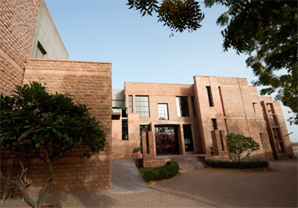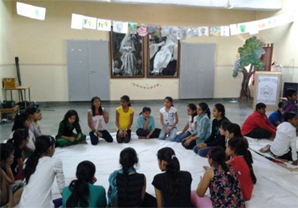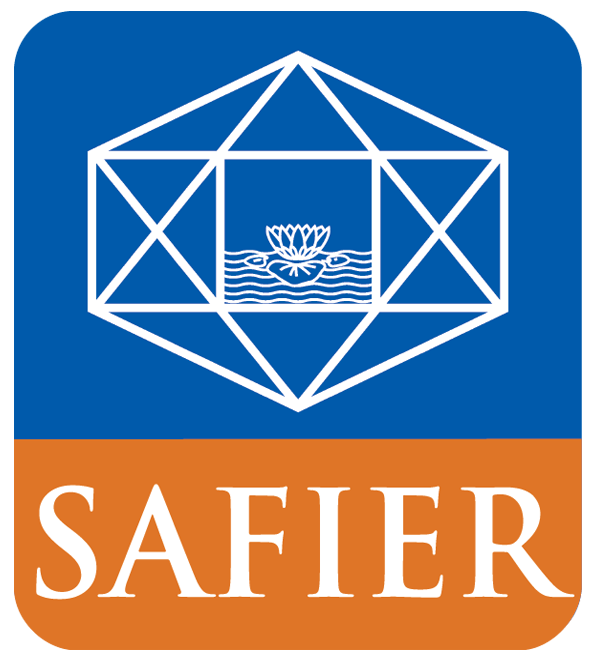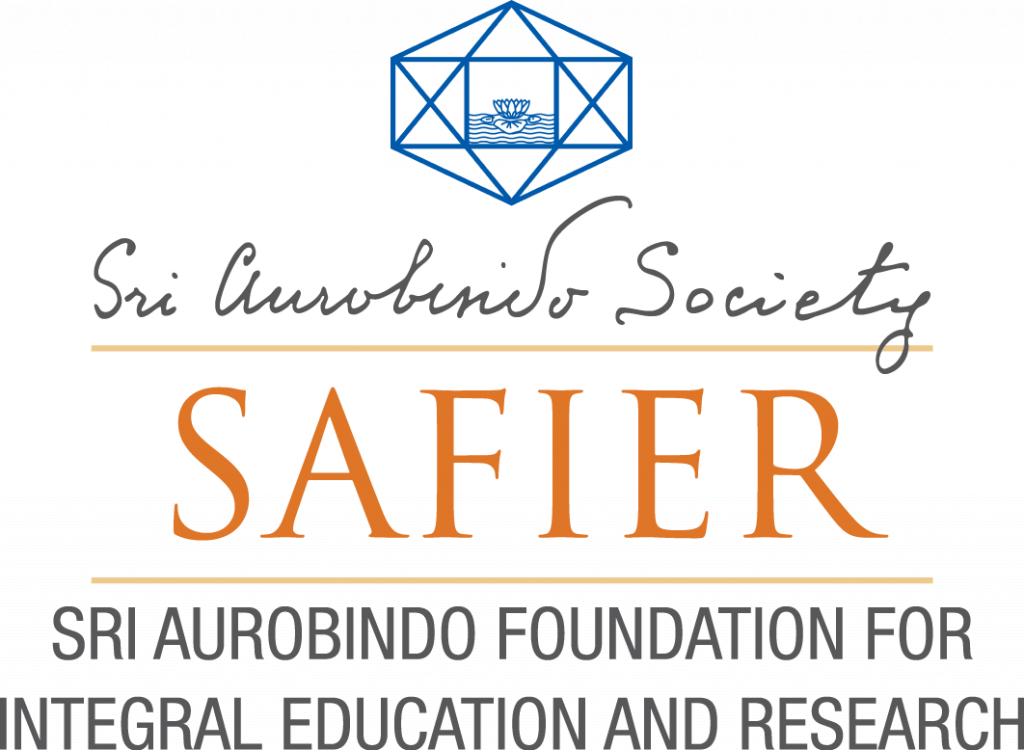Date: Oct 14–18, 2014 Place: Sri Aurobindo Centre of New Education, Jodhpur, Rajasthan
 Monica Kochar, who has worked with Indian examination boards, such as Central Board of Secondary Education (CBSE) and Indian School Certificate (ISC), as well as the international curricula, such as International General Certificate of Secondary Education (IGCSE) and International Baccalaureate (IB) conducted an intensive with the math teachers of grades 6–12 at the Sri Aurobindo Centre of New Education, a Sri Aurobindo Society CBSE-based school in Jodhpur, Rajasthan, India. Her work focused on integration of creative teaching strategies with exam-related skills. She observed teachers’ classes, had individual sessions with them to give feedback, took demo classes with students of classes 6–11, followed by analyses of her methods with the teacher present to observe. The teachers who observed her classes were startled to discover the level of mental stimulation generated in the classes. They were also touched by the smoothness with which she moved between various facets of education—mental, vital, physical and inner. Some of the feedback and ‘comments’ she received were as follows:
Monica Kochar, who has worked with Indian examination boards, such as Central Board of Secondary Education (CBSE) and Indian School Certificate (ISC), as well as the international curricula, such as International General Certificate of Secondary Education (IGCSE) and International Baccalaureate (IB) conducted an intensive with the math teachers of grades 6–12 at the Sri Aurobindo Centre of New Education, a Sri Aurobindo Society CBSE-based school in Jodhpur, Rajasthan, India. Her work focused on integration of creative teaching strategies with exam-related skills. She observed teachers’ classes, had individual sessions with them to give feedback, took demo classes with students of classes 6–11, followed by analyses of her methods with the teacher present to observe. The teachers who observed her classes were startled to discover the level of mental stimulation generated in the classes. They were also touched by the smoothness with which she moved between various facets of education—mental, vital, physical and inner. Some of the feedback and ‘comments’ she received were as follows:
- “There was a ‘zing’ in the class.”
- “I did not know that student is so responsive! With me (the school teacher) he is so quiet in class.”
- “I was touched to see how you did not leave any student out of the class discussion. You accepted all of them and pushed them forward.”
 She also took group sessions with the teachers to discuss multiple teaching methods of mathematics. The teachers implemented their learning through lesson plans for the coming sessions.
She also took group sessions with the teachers to discuss multiple teaching methods of mathematics. The teachers implemented their learning through lesson plans for the coming sessions.
The discussions were usually given direction by questions from the teachers posed to Monica. This school has a core group of very intense and passionate teachers. Their questions took the discussions from very practical to deep. They resulted in teachers setting goals for themselves (in Monica’s workshop the last session always goal-setting) such as:
- “I will solve math problems of next grade this year.”
- “I will use flipping the class method for grade 7.”
- “I will work on myself to develop unconditional love for students.”
The entire work of discussions and feedback was done using documents involving checklists and rubrics in order for teachers and management to set the follow-up work in motion with ease.


